Senior Lebanese Shia cleric shrugs off Arab Summit in Saudi Arabia’s Jeddah, calls it 'theatrical event'
A prominent Lebanese Shia Muslim cleric has played down an Arab summit in Saudi Arabia’s Red Sea city of Jeddah as a “theatrical event,” saying that the participants simply used the event to take a series of photographs.
“The era of Western hegemony and dominance is coming to an end,” Grand Jaafari Mufti Sheikh Ahmad Kabalan said on Sunday, underlining that replacement of Tehran with the Tel Aviv regime will be “a strategic disaster” for all Arabs.
He added, “Arab countries should realize that a new world order is established in Beijing, Moscow and Tehran, and not in Washington and Brussels.”
Alos in his remarks, he lauded the resistance front as "the main guarantor of Lebanon", saying "its capabilities are beyond what the Israeli regime can imagine."
Leaders of six countries of the [Persian] Gulf Cooperation Council (GCC) – Saudi Arabia, Qatar, Bahrain, Kuwait, Oman and the United Arab Emirates – plus Jordan, Egypt, and Iraq held talks on regional security and bilateral relations with the US at Jeddah summit on Saturday.
US President Joe Biden used the summit to lay out his strategy for the Middle East as he closed the final leg of a four-day to the region.
The 79-year-old president said the United States “will not walk away” from the Middle East and leave a vacuum to be filled by Washington’s rivals.
He also warned the leaders of the Arab states participating in the event of efforts by certain countries, including China, Russia and Iran, to undermine “the rules-based order.”
He claimed that “American leadership” will run the "new 'rules-based' world order" and will not leave any space to be filled by Washington's opponents.
Despite Biden's efforts to secure a regional security alliance including Israel, the summit communique was vague, and Saudi Arabia, Washington's most important Arab ally, dashed US hopes the summit could help lay the groundwork for such an alliance.
The US president arrived in the Israeli-occupied territories on Wednesday, and met with the Israeli officials, including prime minister Yair Lapid. He also sat down with Palestinian Authority President Mahmoud Abbas on Friday.
Biden, later on Friday, traveled to Saudi Arabia, his final destination, to hold talks with Saudi Arabia's Crown Prince and de facto ruler Mohammed bin Salman, and other high-ranking officials.
Biden’s first trip to the Middle East as the US president concluded with almost no tangible achievements, vividly showcasing “policy failures” of the White House in the region, according to an article titled “Biden Caters to Autocrats and Draws Battle Lines in the Middle East” and published in the American weekly magazine The New Yorker on Saturday.
US federal immigration agents detain 5-year-old boy in Minnesota
Trump used presidency to pocket $1.4 billion in first year back in office: Report
EU divided over new Iran sanctions
China hits US with economic counteroffensive after Maduro’s abduction: Report
Ben-Gvir arms more Israeli settlers amid rising violence in West Bank
'Hands on trigger': IRGC warns US and Israel against any miscalculation
VIDEO | US and Israel’s failed terrorism
After Venezuela, Trump sets sight on Cuba for 'regime change': Report


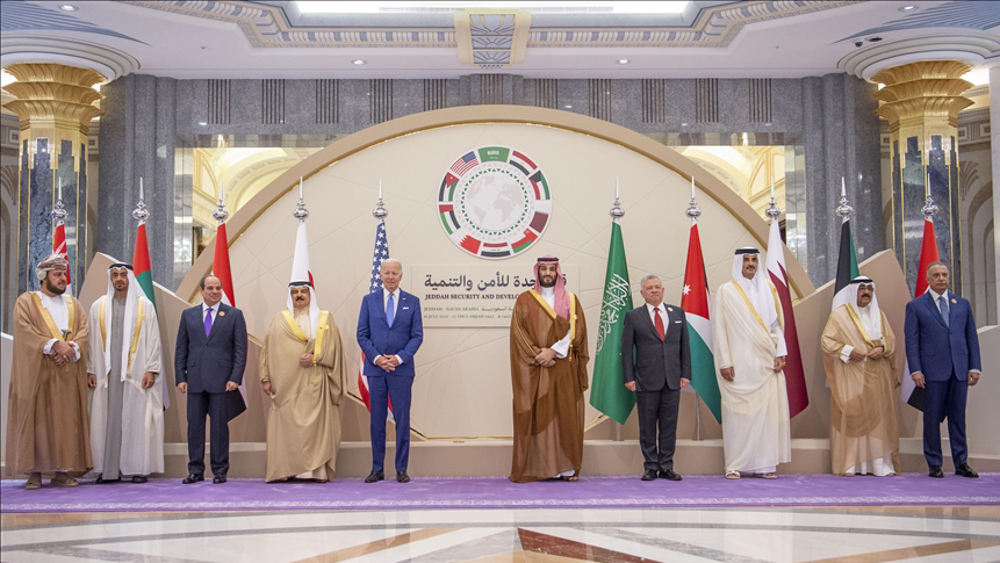
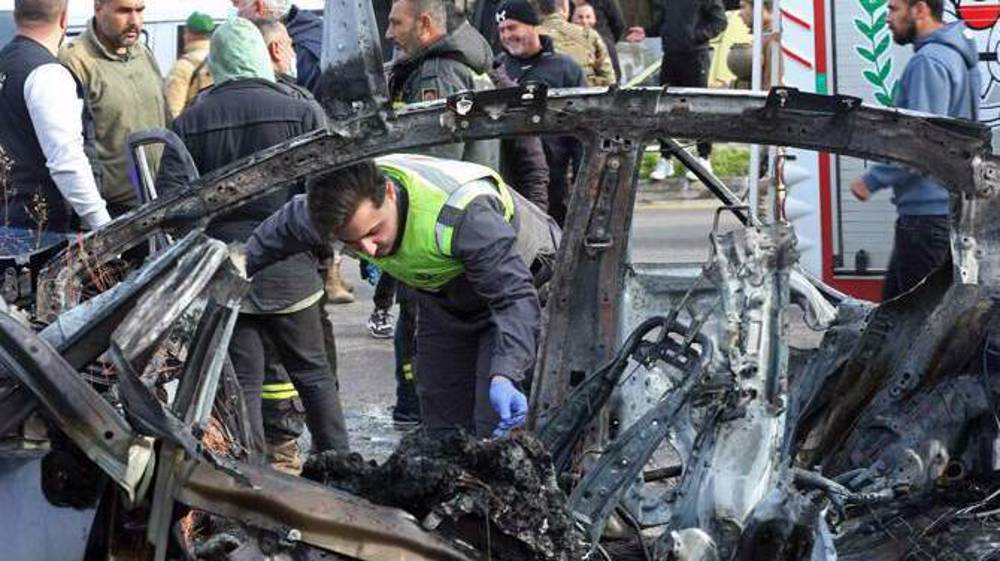
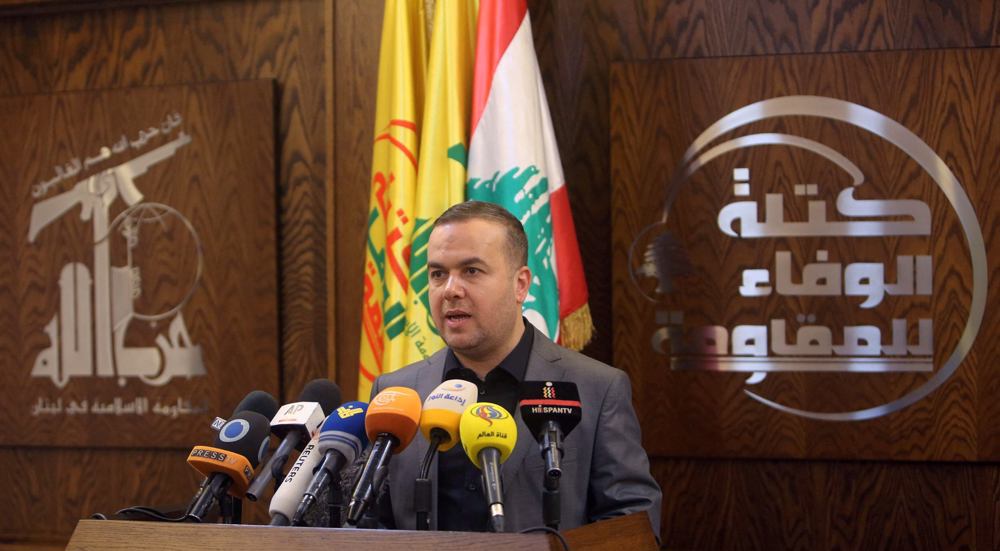
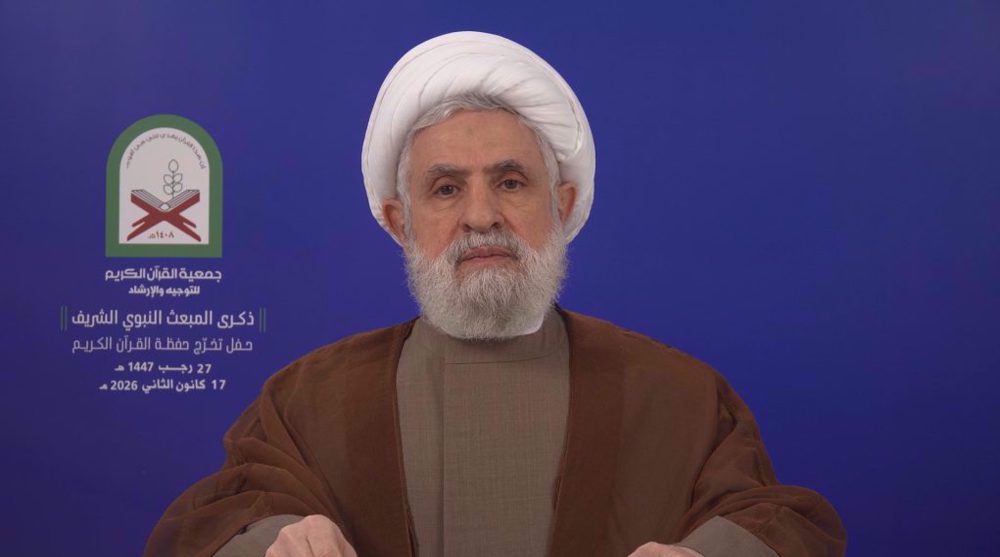



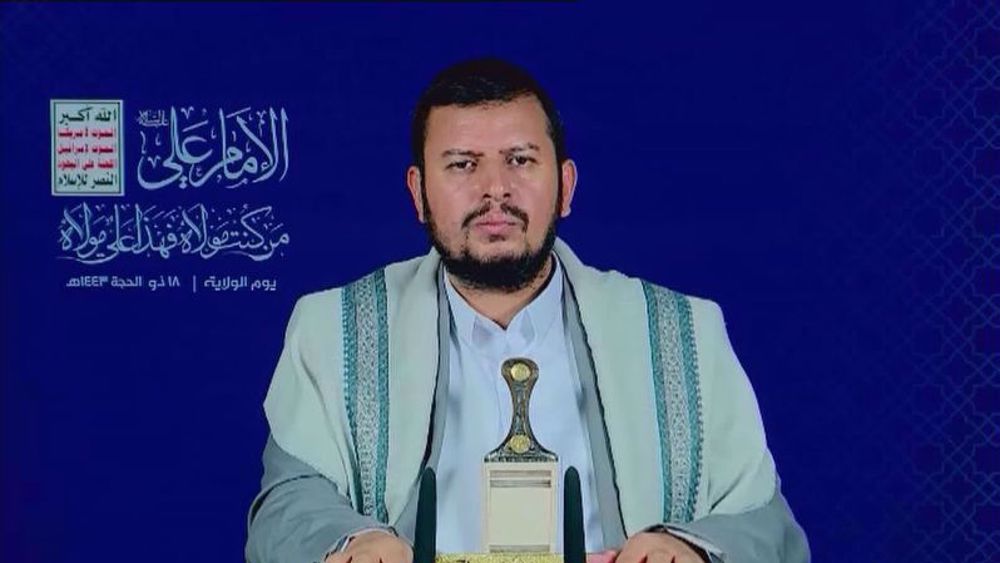
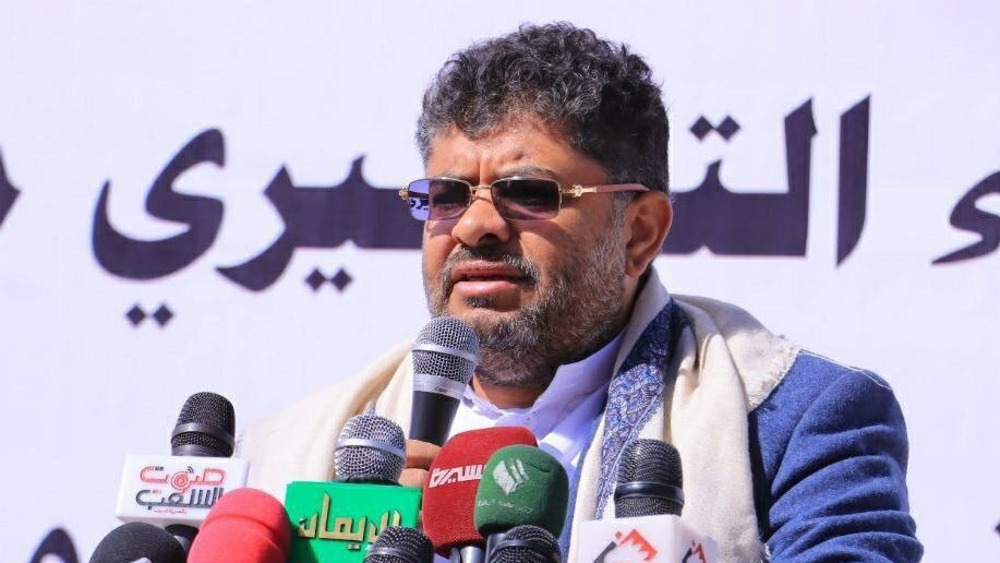
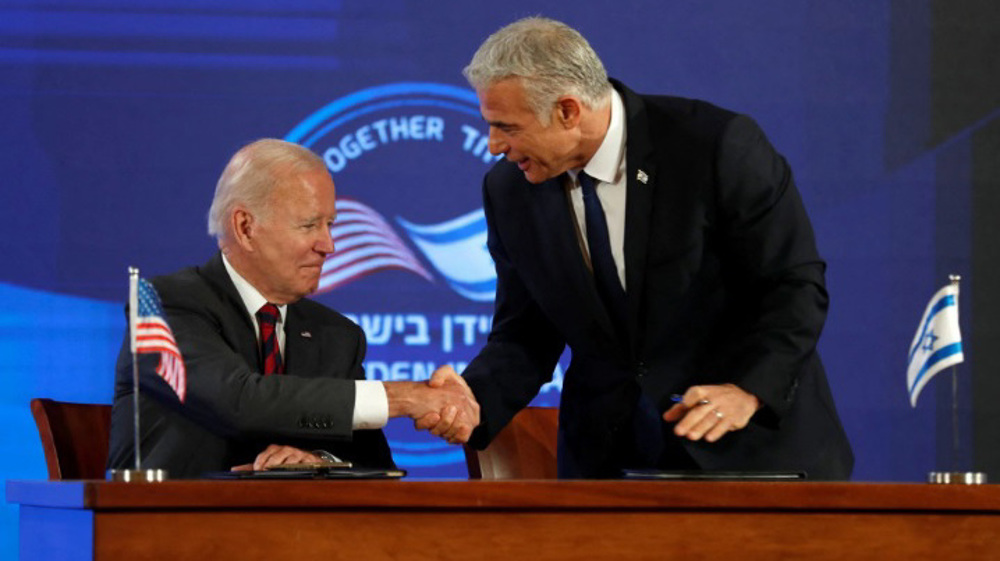
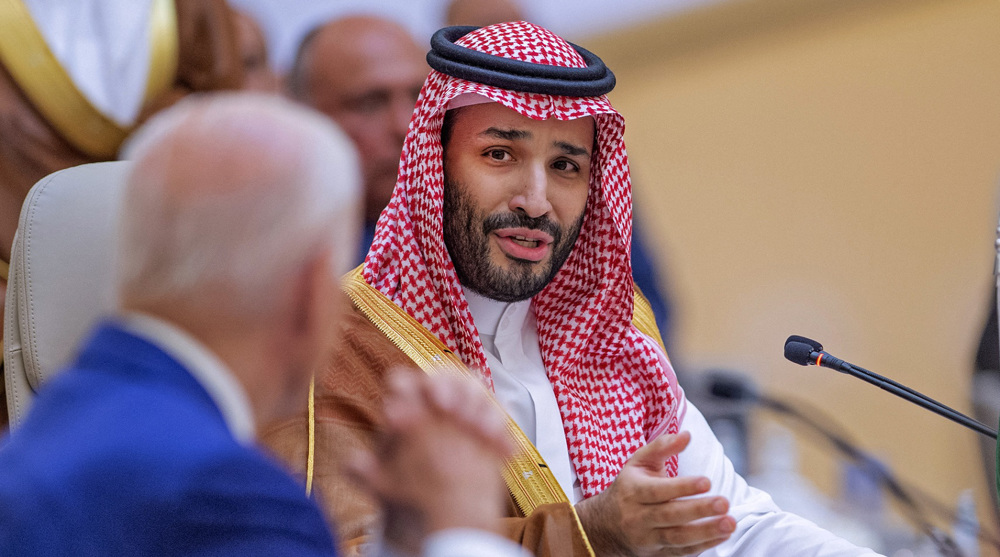
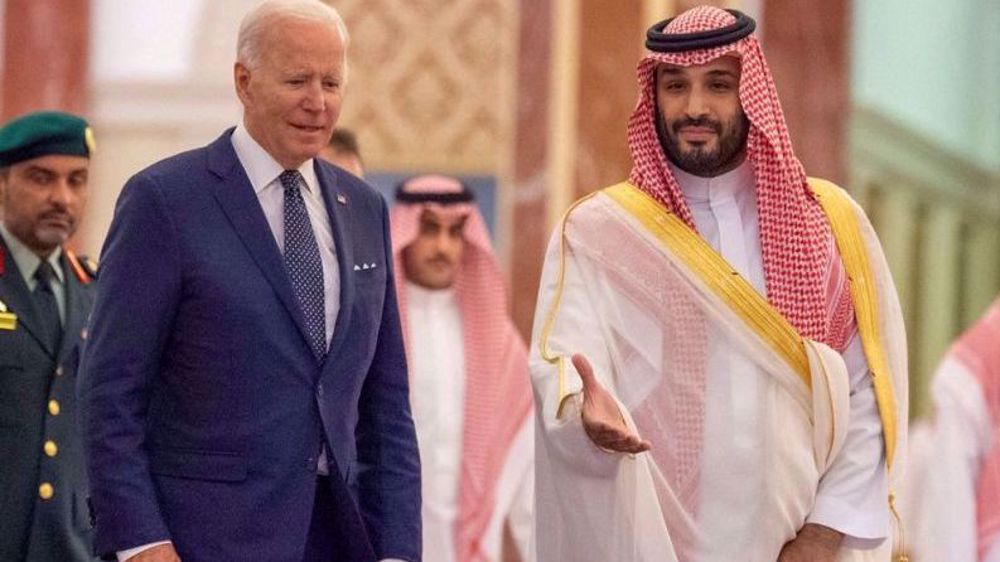
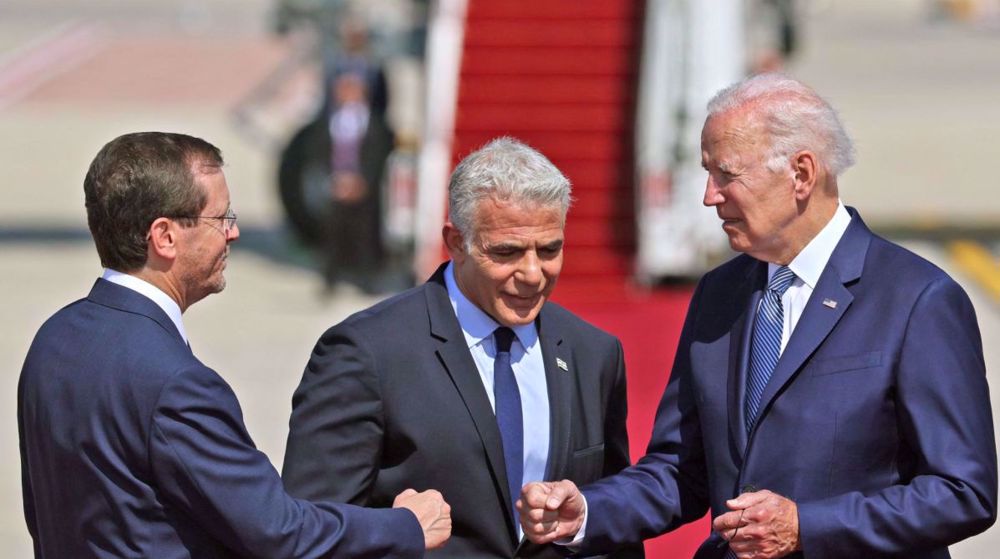
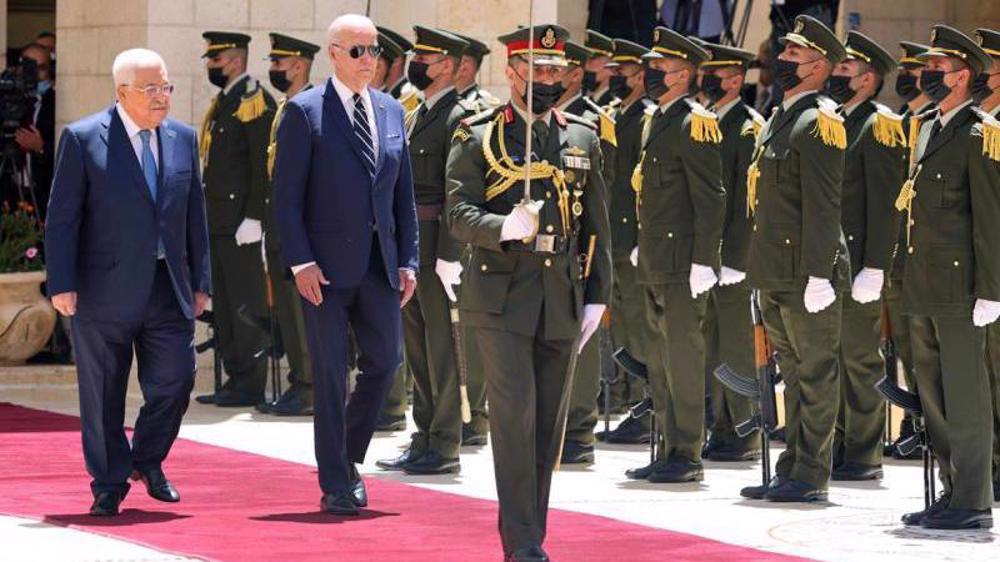


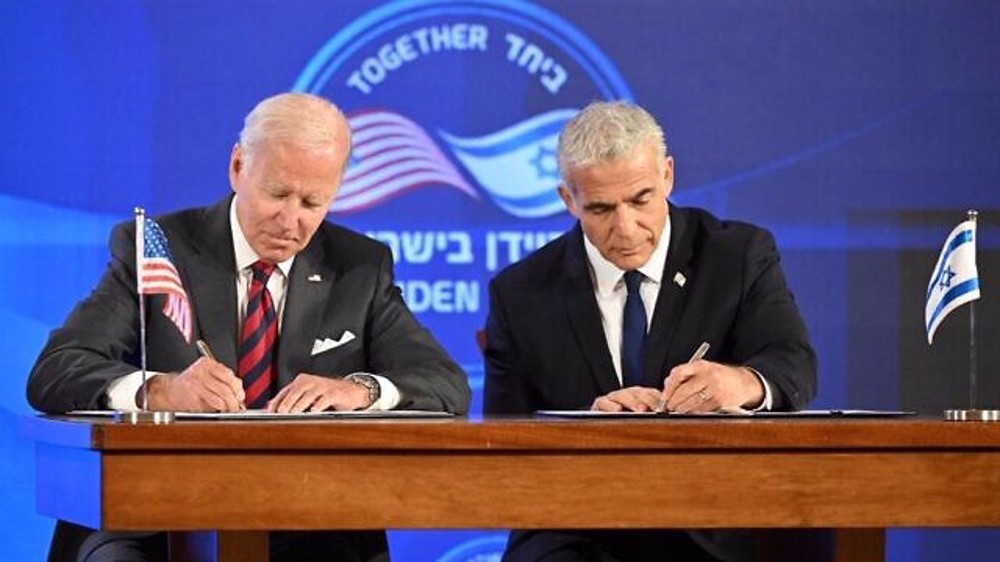

 This makes it easy to access the Press TV website
This makes it easy to access the Press TV website